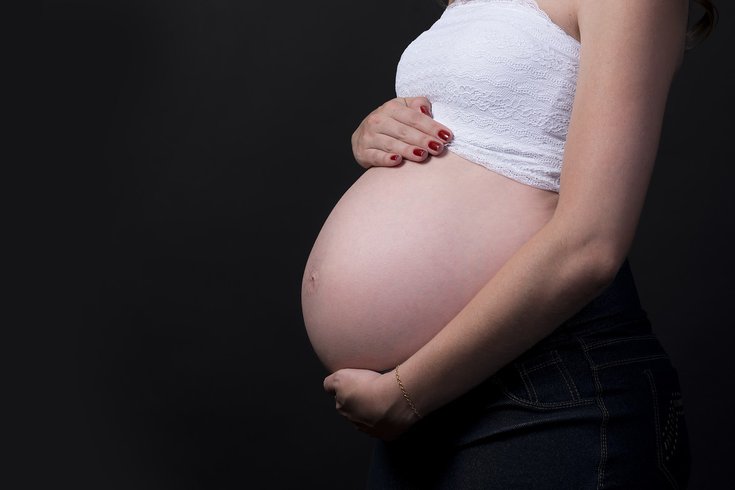
November 30, 2021
 Daniel Reche/Pixabay
Daniel Reche/Pixabay
Contracting COVID-19 during pregnancy increases the risk of severe illness and stillbirth, according to the CDC. But a new study suggests it will not harm the unborn baby's brain development.
Pregnant women who contract COVID-19 have been considered at high risk of complications throughout the pandemic, but the impact the coronavirus has on the development of their unborn babies has been little understood.
A new study offers some reassuring data that a mild to moderate infection in an expectant mother will not harm the development of her baby's brain.
Using fetal MRI imaging, the researchers found no indication of fetal brain infections in 33 pregnant women with COVID-19.
"Women infected with (the coronavirus) during pregnancy are concerned that the virus may affect the development of their unborn child, as is the case with some other viral infections," said Dr. Sophia Stöcklein, of Ludwig Maximilian University of Munich in Germany.
She cautioned that the study didn't include mothers with severe symptoms or those who were hospitalized with COVID-19, so no definitive conclusions can be made.
Stöcklein and other experts continue to emphasize that vaccination is the best way for pregnant women to protect themselves and their babies from severe illness and complications associated with COVID-19.
The U.S. Centers for Disease Control and Prevention recommends vaccination for women who are pregnant or thinking about getting pregnant.
A COVID-19 infection during pregnancy has been associated with increased risk of severe illness and preterm and stillbirth, according to the CDC.
The American College of Obstetricians and Gynecologists warns that newborns of mothers with COVID-19 are at risk of being infected with the virus, although data so far suggests it is a rare occurrence. Newborns of women with COVID-19 also are at an increased risk of needing care in a neonatal intensive care unit.
Other viral infections during pregnancy can cause severe birth defects or pregnancy loss, studies show. Those proven to specifically affect fetal development include chicken pox, cytomegalovirus and rubella.
The women in the fetal brain imaging study were around 28 weeks pregnant and experienced symptom onset at just over 18 weeks into their pregnancies. The most common symptoms they experienced were fever, shortness of breath, dry cough and loss of smell and taste.
The study was presented at the annual meeting of the Radiological Society of North America. The researchers plan on following the patients for the next five years to assess neurological development.